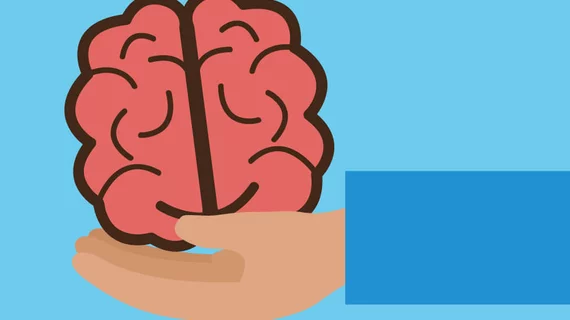While a 26-year-old graduate student at MIT, Steven Keating, PhD, printed a 3D model of his brain tumor from his own MRI and CT scans.
Frustrated by a timely process that produced low quality results, however, Keating then collaborated with researchers the Wyss Institute at Harvard University and MIT to create a 3D-printing technique that allows imaging scans to be converted into 3D models. The research was published online May 29 in 3D Printing and Additive Manufacturing.
"Our approach not only allows for high levels of detail to be preserved and printed into medical models, but it also saves a tremendous amount of time and money," said lead author James Weaver, PhD, senior research scientist at the Wyss Institute, in a prepared statement. "Manually segmenting a CT scan of a healthy human foot, with all its internal bone structure, bone marrow, tendons, muscles, soft tissue and skin, for example, can take more than 30 hours, even by a trained professional—we were able to do it in less than an hour."
The new method uses dithered bitmaps to print 3D models. The maps are a digital file format where each pixel of a grayscale image can be converted and simplified into a mixture of black or white pixels, allowing a 3D printer to print complex medical images from original data.
To create a 3D model of Keating's brain and tumor, researchers used bitmap-based 3D printing that replicated a level of detail in MRI scans. They also were able to print a "variable stiffness model" of a human heart valve by using different materials for the valve tissue and the mineral plaques formed within the valve, according to the researchers.
The researchers hope their new method will help make 3D printing a more cost-efficient tool.
"Right now, it's just too expensive for hospitals to employ a team of specialists to go in and hand-segment image data sets for 3D printing, except in extremely high-risk or high-profile cases. We're hoping to change that," said co-author Ahmed Hosny, MDes, a machine learning engineer at the Dana-Farber Cancer Institute in Boston.

